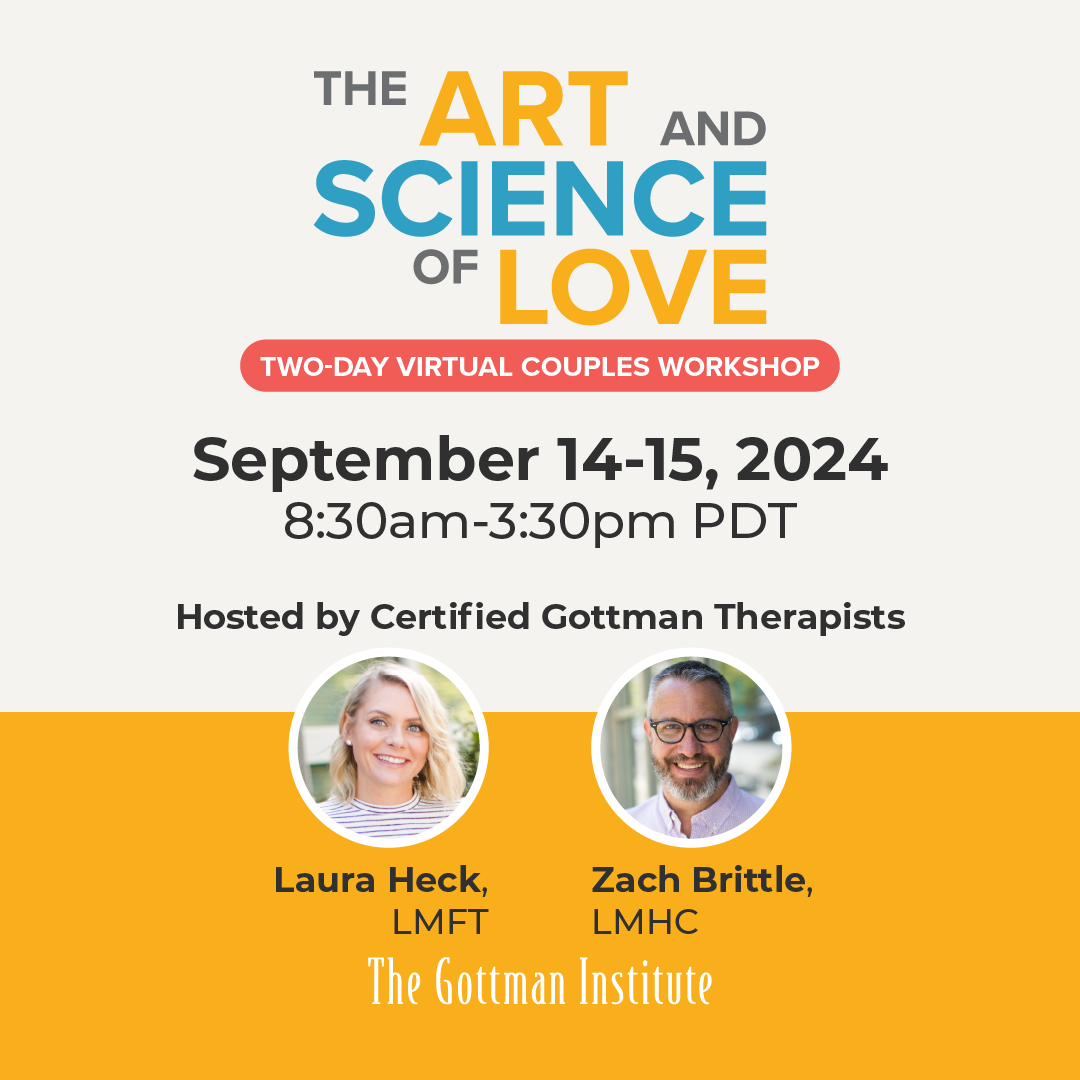The following is a short and sweet overview of Dr. Gottman’s skills for Active Listening*. For much more on the subject, make sure to get your hands on a copy of his highly acclaimed book, “The Relationship Cure.”
Whether or not you consider yourself to already be a skilled active listener, tune in to the tips below. Though they seem easy to implement in theory, in reality they are almost impossible to implement simultaneously. However, making an effort to keep them in mind is of tantamount importance in a Digital Age whose distractions make it far too easy to lose touch. Regardless of your active listening skills, being conscious of your role in conversations can turn your relationships around.
Focus on being interested, not interesting
This seems to be a common piece of wisdom, probably because so many people have found it so useful. According to Dr. Gottman, Dale Carnegie’s advice in his 1937 classic, “How to Win Friends and Influence People” was on point: “You can make more friends in two months by becoming genuinely interested in other people than you can in two years by trying to get other people interested in you.” So often one gets caught up talking and forget to listen to others. When you give others your time and attention by listening to them, you make them feel valued and appreciated.
Start by asking questions
Not too specific (one-word answers don’t open up a conversation) and not too open-ended (“How’s it going” often receives a formulaic, insincere, or meaningless response such as “Great,” which clearly doesn’t reflect what the person thinks). Try: “What stressors are you currently facing at work?” or “How do you think we should celebrate the cat’s birthday this year?”
Ask questions about people’s goals and visions of the future
They will probably say something interesting. It is likely that they will appreciate you for asking and you will appreciate them for their answer.
Look for commonalities
Here are Dr. Gottman’s words on the subject: “People are attracted to those with whom they have things in common, so make it a point to let others know when you share similar views or backgrounds. At the same time, don’t try to make yourself the focus of conversation. Say enough to establish common ground and empathize, but always remember to share the floor.”
Tune in with all your attention
Put your phone, tablet, or laptop away. You don’t need digital distractions when engaging in active listening.
Also, remember that listening can be hard, especially if you tend to spend the time the other person is talking carefully planning out the next thing you are going to say. While it is natural to let your thoughts distract you, to really participate in a conversation means to intentionally abandon the urge to engage in two parallel monologues. What can you do to get out of the habit? Try to follow the other person’s train of thought. Travel with them as it moves through the landscape of their mind. Show sincere interest in a way that feels genuine. Ask questions when you reach intriguing junctures.
Respond with an occasional brief nod or sound
A verbal cue such as “mm-hmm” or “yeah” lets the speaker know that you’re paying attention and are interested in what they are saying. Be careful to only do so in an appropriate response to the conversation. Mindlessly doing so can have the direct opposite effect, and the person will think you’re not listening at all.
From time to time, paraphrase what the speaker says
This serves two purposes: First, it lets the speaker know that you’re tuned in. Second, it gives you the opportunity to clarify what they’ve said. Paraphrasing when you ask a question is often a good idea, and can look like this: “You said that you were looking into renovating Sarah’s old dollhouse to fit in a rec room for the cat. Why do you think this is a good idea?”
Maintain the right amount of eye contact
Too little eye contact can communicate disinterest, nervousness, or lack of confidence, while too much (staring) can communicate intrusiveness or hostility. Allow the speaker to meet your eye, don’t be afraid to look at each other. Keep in mind that holding eye contact for more than a few seconds with a smile looks like flirtation. Learn more about verbal and nonverbal emotional communication in Dr. Gottman’s books.
Let go of your own agenda
Instead of trying to direct the flow of conversation, giving advice, trying to solve the speaker’s problems (or feeling overwhelmed and unintentionally minimizing or denying negative feelings they communicate), just be there. If the conversation turns to intense emotional issues, you may jump into the role of rescuer. The truth is that individuals need the room to speak their feelings and discover the answers to their questions themselves. The greatest gift you can give to a friend or lover or family member struggling with difficult life problems is not your opinion but your warm presence and a listening ear. The best thing you can do is to convey the following message: “I understand how you’re feeling right now.” In Dr. Gottman’s words, “Although we can’t eliminate all the pain life presents our friends and loved ones, we can offer one another immeasurable support in difficult times simply by listening in authentic, empathetic ways.”
Read more on the Digital Age blog series.










